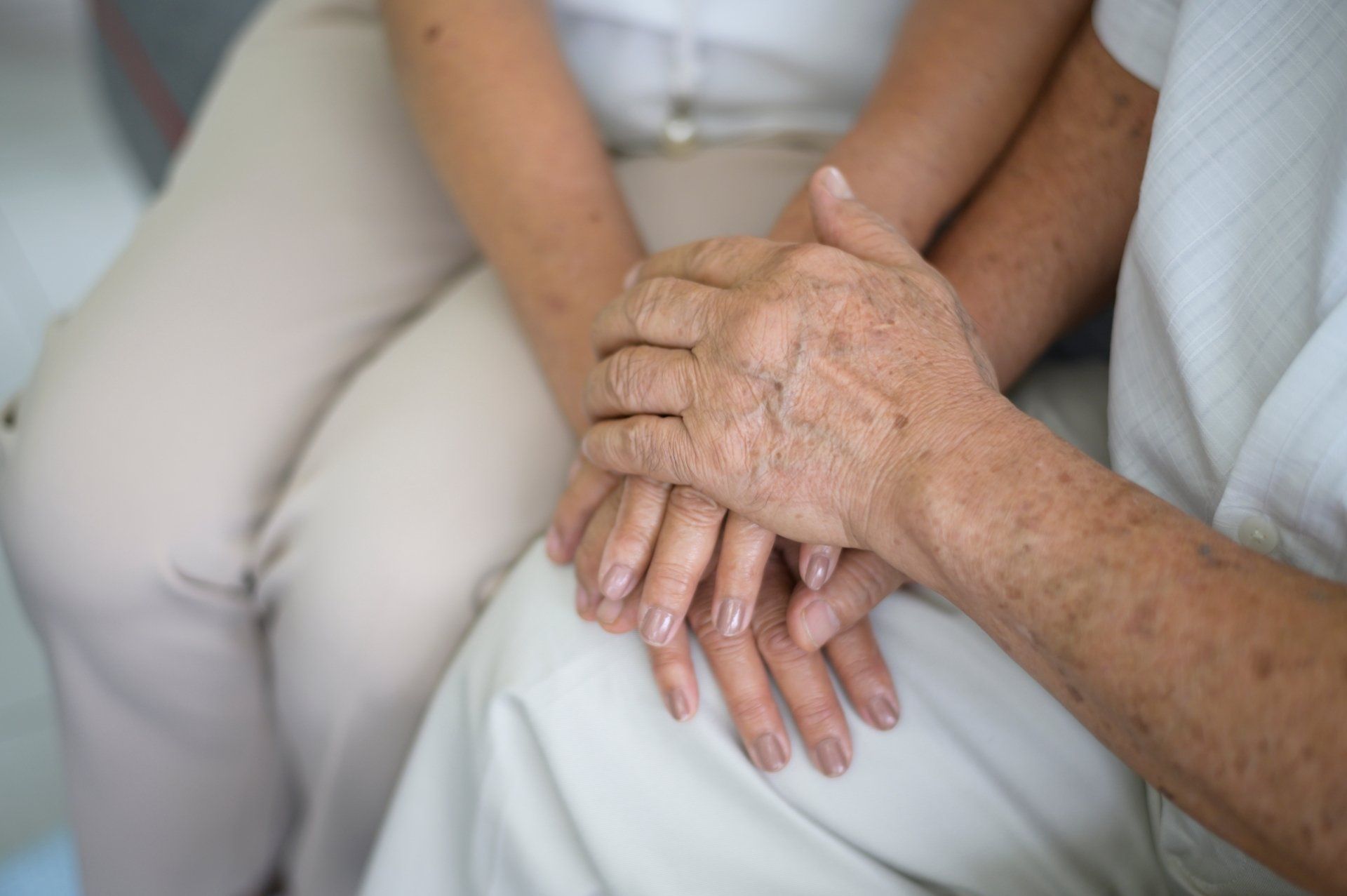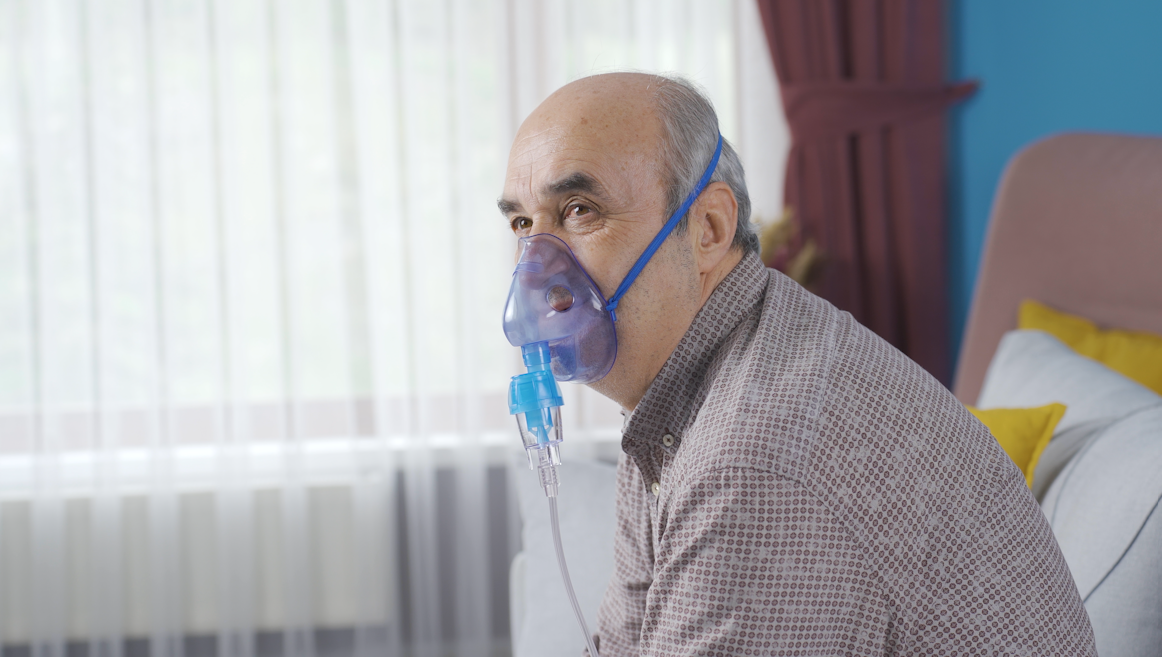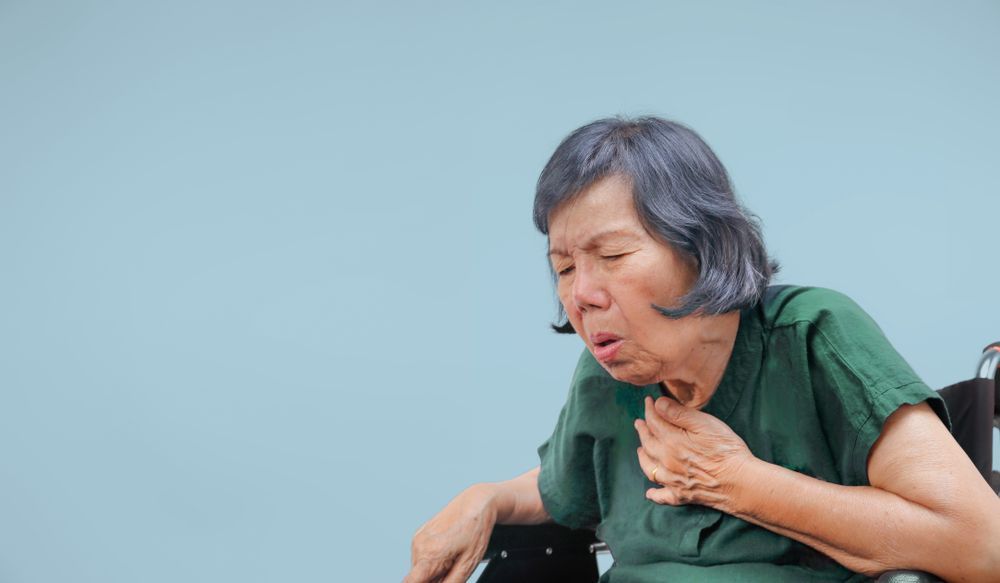Our COVID-19 Response at Elder Care Homecare. Read Now
Types Of Dementia I: What's Frontotemporal Dementia?
It's essential for family members and loved ones to understand the different types of dementia to provide the best senior care possible. Dementia is a general term used to describe a group of brain disorders that cause a decline in cognitive skills. There are different types of dementia, each with its own symptoms.
This blog post will provide some clarity on 1 type of dementia in particular: Frontotemporal dementia (FTD). Read on to learn more about it.
Understanding Frontotemporal Dementia
Frontotemporal dementia alters the front and sides of the brain (the frontal and temporal lobes). Frontotemporal dementia is an uncommon type of dementia that primarily affects behavior and language.
Dementia commonly affects those over 65 years old, although frontotemporal dementia usually begins in people under 65. Most diagnoses range between 45 - 60, although it can also impact younger or older individuals. Frontotemporal dementia, like other types of dementia, generally develops slowly and becomes more severe over the years.
Frontotemporal Dementia Symptoms
People with frontotemporal dementia may experience a wide range of symptoms, which can vary depending on the individual and the stage of the disease. Some common symptoms include:
- Personality and behavior changes: Inappropriate or impulsive behavior starts, in some cases appearing selfish or unsympathetic. FTD patients neglect personal hygiene, overeat, and experience motivation loss.
- Language Decline: FTD individuals are incapable of speaking at a regular pace, mainly talking in a slow-paced manner. They struggle to articulate complete sentences or with pronunciation when saying a word.
- Problems with mental abilities: Decreased ability to focus, plan, and organize.
- Memory issues: This symptom is more common late stages of FTD, unlike more common forms of dementia, such as Alzheimer's disease.
Risk Factors & Getting Medical Advice
The cause of frontotemporal dementia remains unknown, and risk factors have yet to be identified. Most cases are not inherited. We recommend looking for a geriatric physician if you or a loved one presents early signs of dementia. If you're concerned about someone else, encourage them to make a doctor's appointment and suggest you go with them.
Today's world is much kinder and open about mental health. Don't be afraid to seek professional dementia senior home care for your loved ones.
Work With Elder Care Homecare, The Best In-Home Senior Care In New York
Elder care homecare has experience treating elders with Frontotemporal dementia. Our dementia aging care will help FTD individuals accomplish their daily activities. We understand that every case is unique, so we create a personalized care plan for each patient.
At Elder Care Homecare, our caregivers undergo a rigorous screening process, including a national and local background check and an interview with our staff. If you're interested in learning more about
dementia senior home care or if you have any questions, please don't hesitate to reach out. We're the best in-home senior care in New York.
New York City Elder Home Care Blog





Elder Care Homecare looks after seniors and individuals with disabilities through dependable companion care and in-home care services.
We service Westchester County, Long Island and the entire New York City metro area including Queens, Brooklyn, The Bronx, and Manhattan.
QUICK LINKS
CONTACT
Call Us Today:
(914) 268-6221
Caregiver or Employment Inquiries: (914) 414-4841
111 Brook St
Scarsdale, NY 10583
370 Lexington Ave
New York, NY 10168
United States
1025 Old Country Road
Suite 314
Westbury, NY 11590
750 E Main St
Stamford, CT 06902






